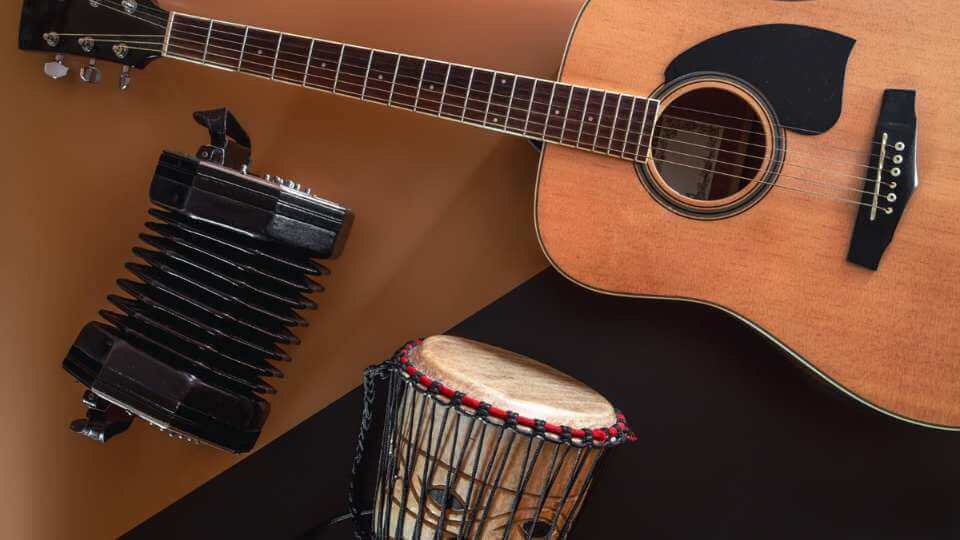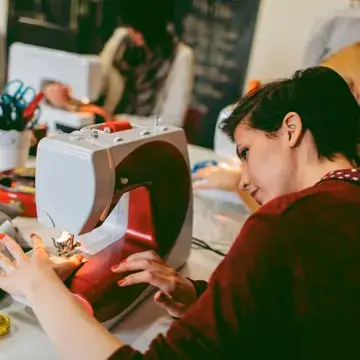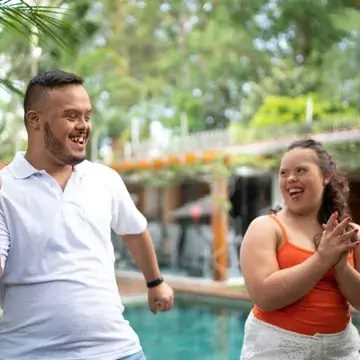How NDIS Funded Recreational Activities Foster Skills and Community

Recreational activities hold tremendous potential for individuals with disabilities, offering opportunities for skill development, personal growth, and community engagement. With the support of the National Disability Insurance Scheme (NDIS), these activities become more accessible and inclusive, empowering individuals to lead fulfilling lives. In this blog post, we will explore the transformative impact of NDIS-funded recreational activities on individuals with disabilities, highlighting their benefits and showcasing real-life success stories. Join us as we discover the power of recreation in fostering holistic well-being and creating a sense of belonging.
NDIS Recreational Activities
- Gym and Zumba Session
- Art Classes
- Yoga Classes
- Meditation Classes
- Dance Session
- Music Session
- Sewing Classes
- Daily Tasks and Shared Living
- Badminton and Table Tennis Session
- Boxing and Self Defence Session
- Painting Session
- Pool and Snooker Session
Recreation plays a crucial role in the lives of individuals with disabilities, contributing to their physical, emotional, and social well-being. It offers a platform for skill development, self-expression, and building meaningful connections. By participating in recreational activities, individuals can enhance their physical abilities, boost confidence, and cultivate a sense of achievement.
1. Skill Development
Recreational activities provide individuals with disabilities an opportunity to develop and refine a range of skills. For example, art classes can enhance creativity and fine motor skills, while sports activities can improve coordination and teamwork abilities. Skill development promotes personal growth, self-confidence, and independence.
2. Physical Well-being
Engaging in physical activities through NDIS funded recreational programs promotes physical fitness, improves mobility, and enhances overall health. Regular exercise can reduce the risk of chronic conditions, improve cardiovascular health, and contribute to an active lifestyle.
3. Mental Well-being
Recreation has a positive impact on mental health, offering an outlet for stress, anxiety, and depression. Participating in enjoyable activities, such as music sessions or outdoor adventures, can boost mood, promote relaxation, and enhance emotional well-being. Recreation also provides a sense of purpose and fulfillment.
4. Social Connections
NDIS funded recreational activities create opportunities for individuals with disabilities to connect with others, build friendships, and develop social skills. Participating in group activities promotes social interaction, communication, and teamwork. Building supportive relationships and a sense of belonging combats feelings of isolation and fosters a strong community.
5. Self-Expression and Creativity
Engaging in creative recreational activities, such as art classes or music sessions, allows individuals to express themselves, explore their talents, and nurture their creativity. These outlets provide a means of self-expression, boost self-esteem, and offer a sense of accomplishment.
6. Sense of Achievement
Setting goals, working towards them, and achieving milestones within recreational activities fosters a sense of accomplishment. Meeting personal targets, receiving recognition for efforts, and overcoming challenges contribute to increased self-belief, confidence, and a positive self-image.
7. Community Engagement
NDIS funded recreational activities provide opportunities for individuals with disabilities to engage with their local communities. Through participation in community events, sports competitions, or artistic showcases, individuals become active members of society, promoting inclusivity and breaking down barriers.
NDIS funded recreational activities have a profound and transformative impact on individuals with disabilities. They provide opportunities for skill development, personal growth, and community engagement. By fostering well-being, boosting confidence, and promoting social connections, these activities empower individuals to embrace their unique abilities and lead fulfilling lives. As we continue to prioritize and invest in NDIS funded recreational programs, we create a more inclusive society that values and supports the diverse needs and aspirations of all individuals.


